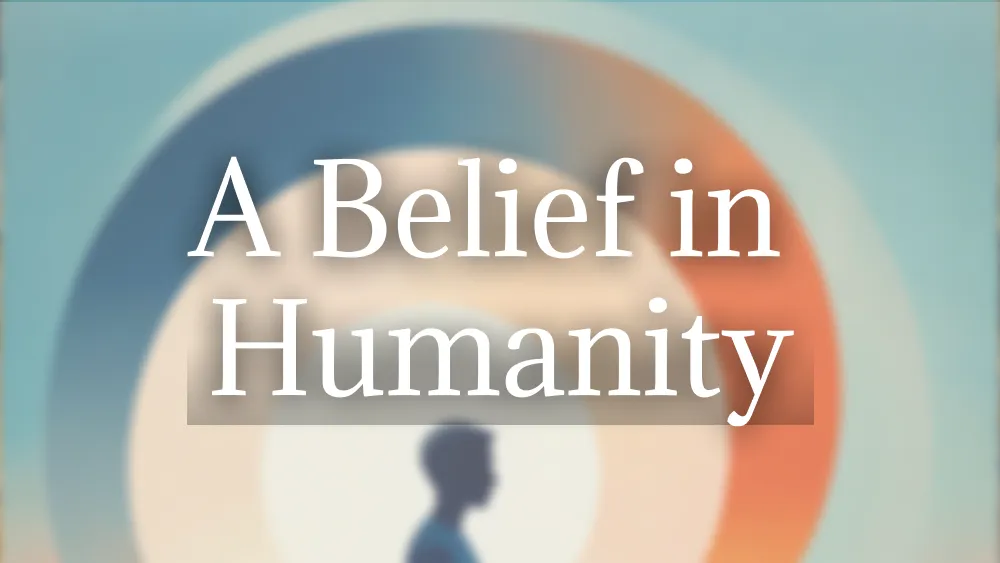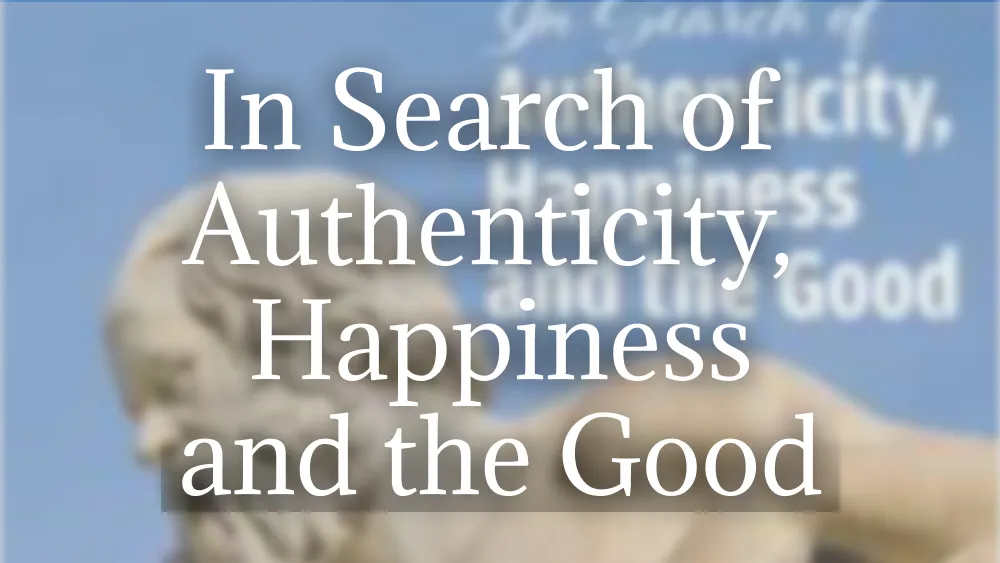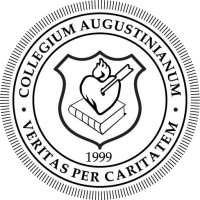
Collegium Augustinianum
Institute of Philosophy and Theology
Promoting research and scholarship in the thought of St. Augustine of Hippo, his influence on philosophy and theology and Christian culture.
Dedicated to the Advancement of the Thought of St. Augustine of Hippo
Join us in our commitment to the advancement of scholarship on the thought of St. Augustine and his profound intellectual inflence on western philosophy, theology and literature.
Non-residential Graduate Degrees in philosophy and theology
Our graduate school offers unique research degree programs for students and current teachers seeking serious academic scholarship through supervised research and mentorship.
Promoting young scholars interested in the connection between philosophy and theology
Engage with a global community of scholars at our ecumenical institute, where research transcends denominational lines to explore the enduring impact of St. Augustine's work.
Recent Publications
Online Courses in Philosophy and Theology
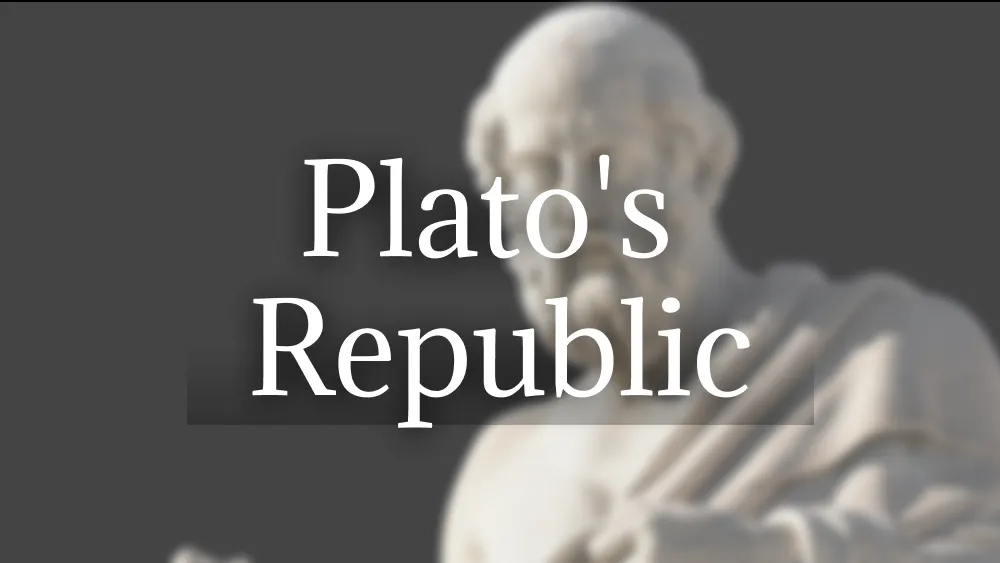
Plato's Republic
Updated for 2024-2025
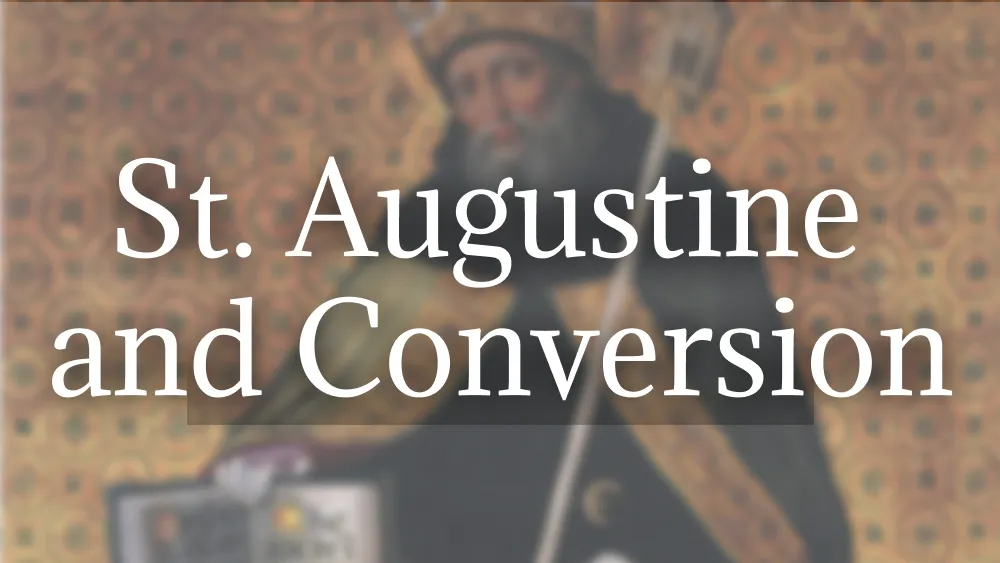
St. Augustine and Conversion
Updated for 2024-2025
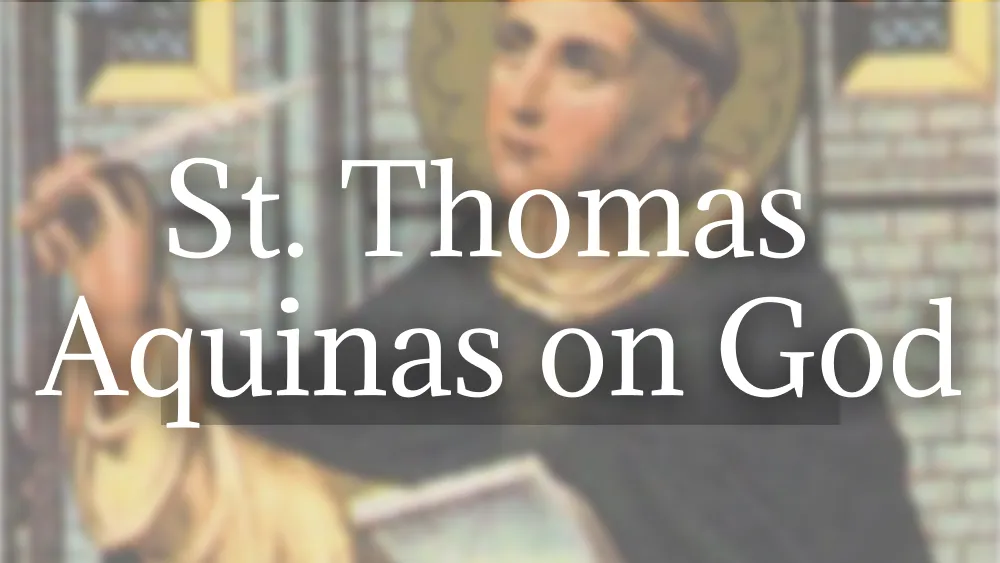
St. Thomas Aquinas on God
Updated for 2024-2025
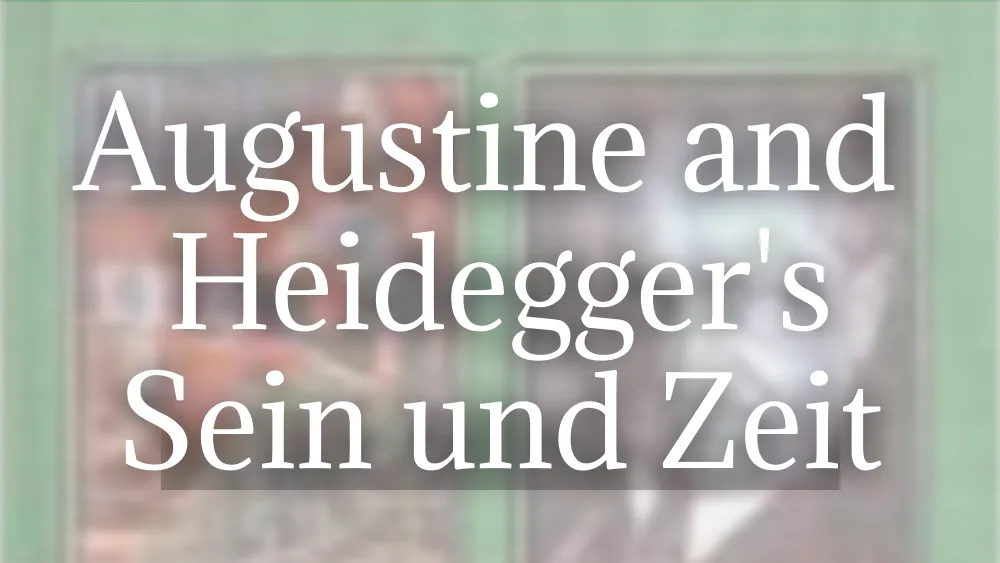
Augustine and Heidegger's
Sein und Zeit
Updated for 2024-2025
Events
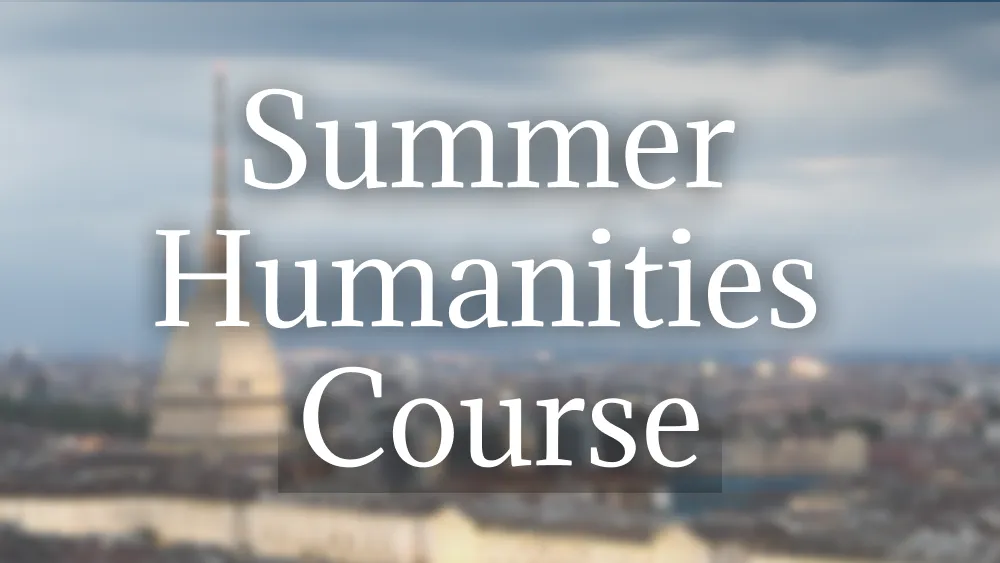
Summer Humanities Course in Turin, Italy
July 24-30, 2025
